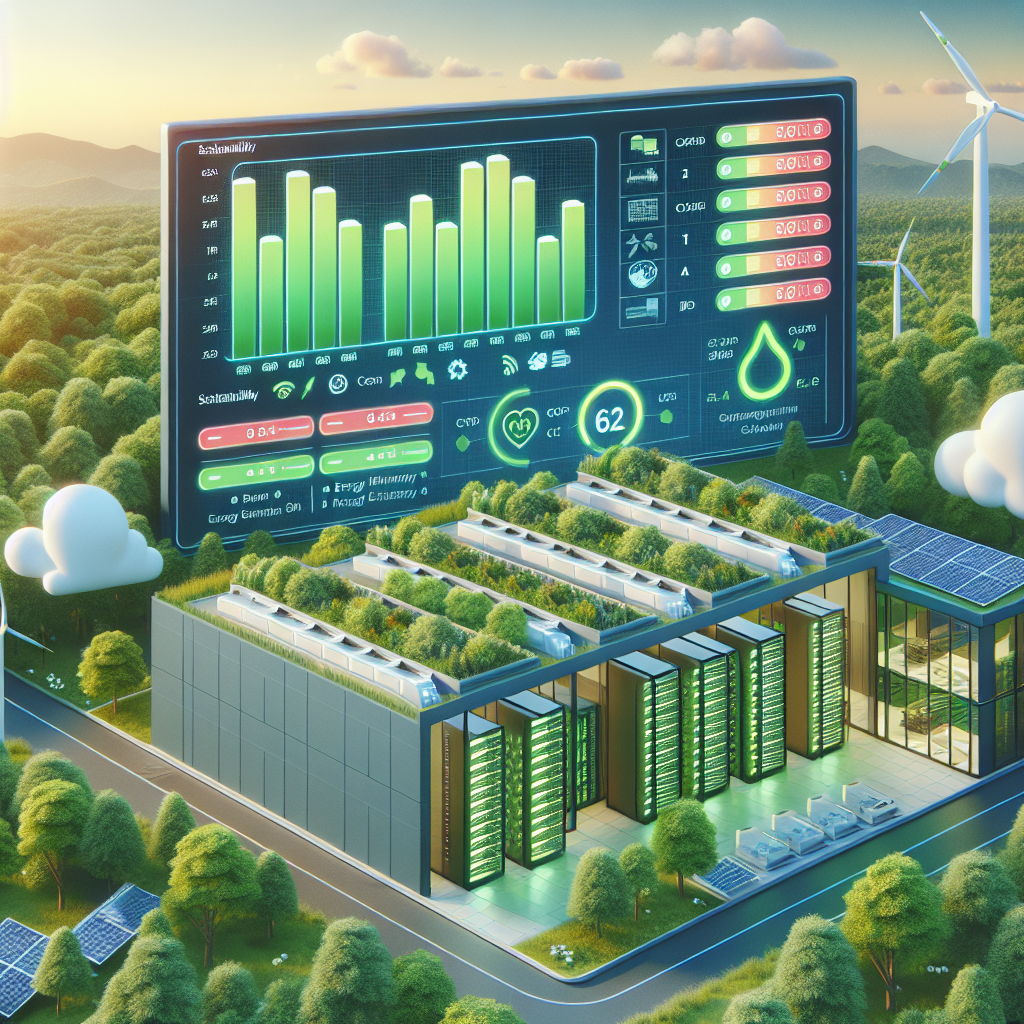In today’s digital age, data centers play a crucial role in storing, processing, and managing vast amounts of information. As the demand for data storage continues to grow, it is essential for data centers to operate efficiently and sustainably. In order to measure the success of a data center, key metrics must be identified and monitored to ensure optimal performance and environmental impact.
One of the most important metrics for measuring the success of a data center is energy efficiency. Data centers consume a significant amount of energy to power servers, cooling systems, and other equipment. Monitoring energy usage and implementing energy-saving measures can help reduce costs and minimize the environmental impact of a data center. Key performance indicators for energy efficiency include Power Usage Effectiveness (PUE), which measures how efficiently a data center uses energy, and Carbon Usage Effectiveness (CUE), which calculates the amount of carbon emissions produced per unit of energy consumed.
Another important metric for sustainable data centers is water usage. Data centers require water for cooling systems and other processes, and monitoring water usage can help identify areas for improvement. Water Usage Effectiveness (WUE) is a metric that measures the amount of water used per unit of IT equipment energy consumption. By reducing water usage, data centers can lower operating costs and lessen their impact on local water resources.
In addition to energy and water usage, data centers should also monitor their carbon footprint. Carbon emissions from data centers can contribute to climate change and air pollution, so it is important to track and reduce these emissions. Metrics such as carbon intensity and greenhouse gas emissions can help data centers understand their environmental impact and take steps to reduce it. Implementing renewable energy sources, such as solar or wind power, can help data centers reduce their carbon footprint and move towards a more sustainable operation.
Overall, measuring the success of a data center requires a comprehensive approach that includes monitoring key metrics related to energy efficiency, water usage, and carbon emissions. By tracking these metrics and implementing sustainable practices, data centers can improve their performance, reduce costs, and minimize their environmental impact. Sustainable data centers are not only good for the planet, but also good for business, as they can attract environmentally conscious customers and investors. By prioritizing sustainability and monitoring key metrics, data centers can ensure long-term success in the digital age.


Leave a Reply